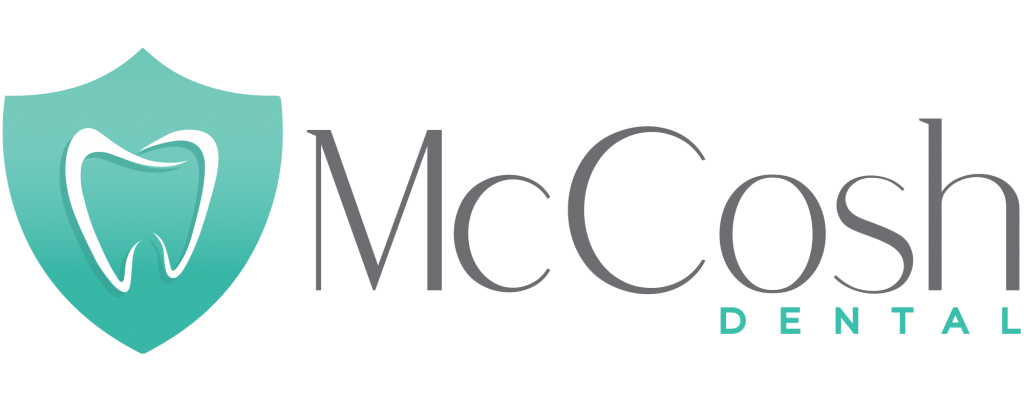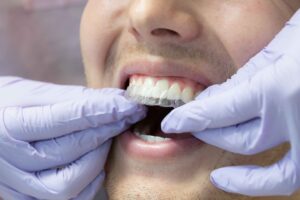Lots of patients think just because they brush their teeth regularly, rinse with mouthwash, and see their dentist at least twice per year they don’t have to floss their teeth.
But the truth is taking that extra step of flossing your teeth can keep your teeth healthier, prevent the development of tooth decay and gum disease, and even dramatically improve your breath.
Flossing Facts
Flossing removes food particles that can become trapped between teeth. Brushing cleans the surface of your teeth and even the area where the tooth meets the gum. But the bristles of your toothbrush can’t always penetrate the tight surfaces in between where it’s easy for food particles to get stuck.
When you don’t floss, these food particles can deteriorate over time. This can damage the tooth and gums. But it also can cause unpleasant odors which can cause halitosis or bad breath. You may not be able to smell these bad odors, but other people can. And most of the time they will be too polite to mention it to you.
When to Floss
The best approach is simply to make flossing a part of your normal oral care routine in the morning and at night. Brush first, floss, then rinse your mouth with mouthwash. This helps ensure all the plaque, food particles, and other debris are removed from your teeth as well as the surfaces in between.
It only adds a minute or two to your daily oral care routine, but the results are well worth it — especially if it prevents you from having tooth decay, gum disease, and bad breath.
Flossing is a great way to ensure your teeth are healthier, last longer, and look cleaner and brighter. Make flossing a part of your normal daily oral care routine and enjoy the benefits for years to come.



